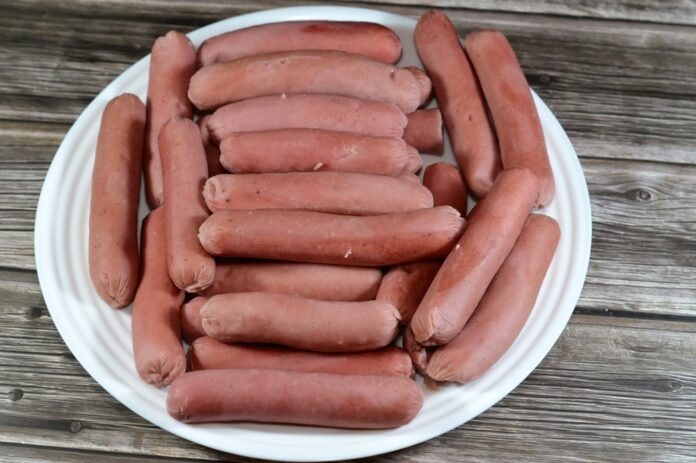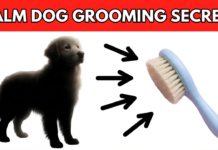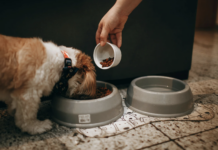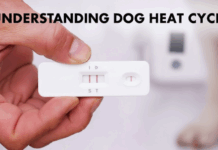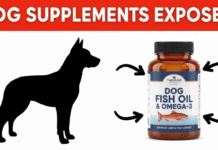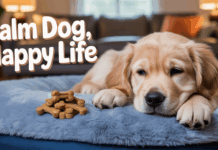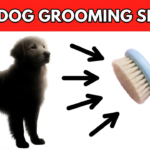Last Updated on August 9, 2024 by Dog Lover
Discovering the Risks and Safe Snack Alternatives
If you’ve ever wondered whether your furry friend can indulge in Vienna sausages, you’re not alone.
Vienna sausages are a common pantry staple, thanks to their versatility and taste. They’re used in breakfasts, lunches, dinners, and even appetizers.
However, it’s crucial to understand that these sausages might not be the best snack choice for your canine companion.
While an occasional bite might not harm, regular consumption of Vienna sausages could expose your dog to unhealthy and potentially toxic ingredients.
Let’s explore why Vienna sausages should stay on your plate and not in your dog’s bowl.
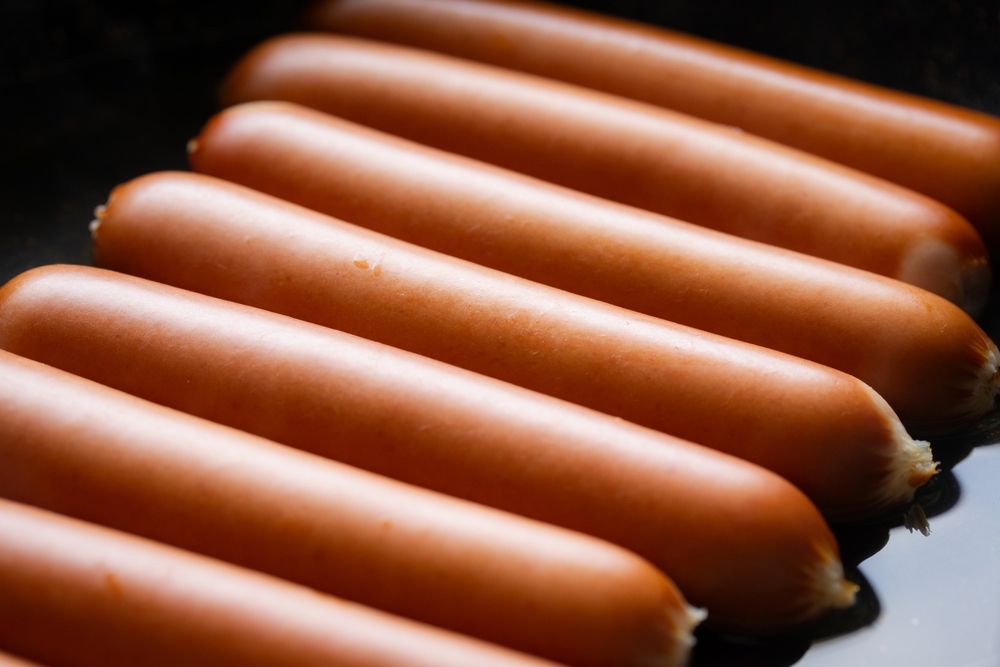
Why Are Vienna Sausages Bad for Dogs?
High-Fat Content Risks
Vienna sausages are high in fat, providing more calories than your dog needs. This can lead to weight gain and obesity, increasing the risk of cancer, joint problems, and other health issues.
High-fat diets can also trigger pancreatitis, an inflammation of the pancreas that causes vomiting, diarrhea, and even severe complications like diabetes in susceptible dogs.
Toxic Ingredients in Vienna Sausages
Vienna sausages often contain garlic and onions, which are harmful to dogs. These ingredients contain sulfur compounds that can damage red blood cells, causing hemolytic anemia.
Symptoms include pale gums, weakness, and even collapse. Given the unknown amount of these ingredients in commercial sausages, it’s best to avoid them entirely.
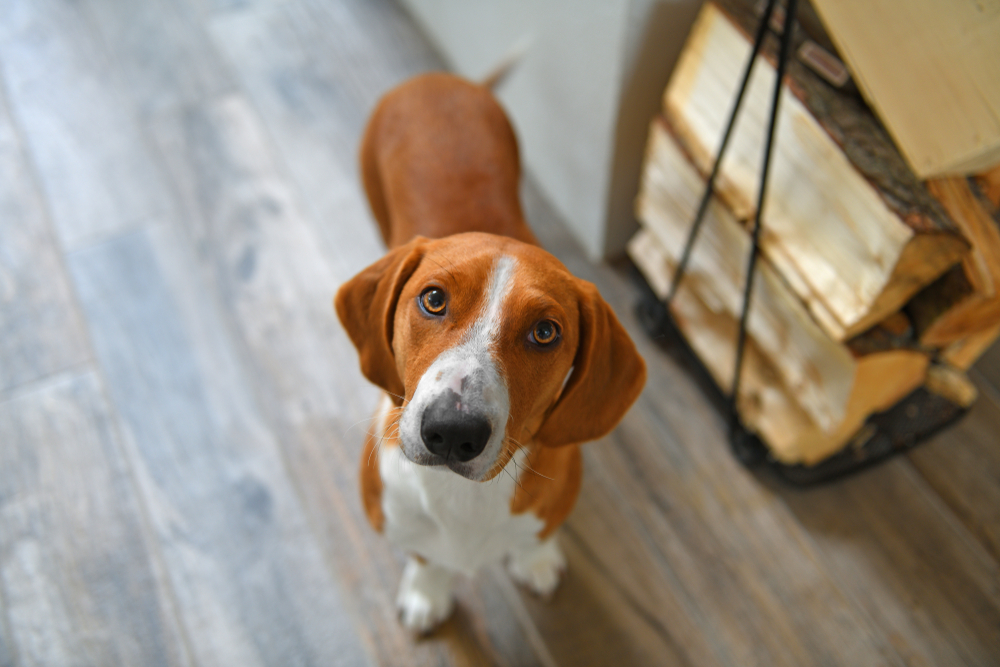
Sodium Nitrite Concerns
Although the sodium nitrite in Vienna sausages might not harm your dog immediately, it’s a potential risk.
High doses can make pets severely unwell, and nitrites are linked to cancer in humans. Thus, it’s wise to be cautious about feeding these sausages to your dog.
Healthy Snack Alternatives for Dogs
While Vienna sausages are not suitable for dogs, there are plenty of healthy snacks they can enjoy:
- Boiled turkey or chicken breast: Lean and protein-rich, this is a great snack.
- Blueberries: Packed with antioxidants, they make a sweet treat.
- Boiled eggs: A good source of protein and vitamins.
- Carrots: Low-calorie and good for your dog’s teeth.
- Greek yogurt: Offers probiotics, but ensure your dog isn’t lactose intolerant.
- Cooked, low-fat mince: Provides protein without excess fat.
- Boiled pumpkin: Helps with digestion and is a nutritious choice.
When offering treats, ensure they don’t exceed 10% of your dog’s daily caloric intake.

Conclusion
Vienna sausages, with their fat, garlic, onions, and preservatives, should be avoided in your dog’s diet.
If your dog has accidentally eaten a small amount, monitor them for signs of illness. However, if they consume a large quantity, they might experience symptoms like an upset stomach, pancreatitis, or anemia.
In such cases, consult your vet immediately. By sticking to the healthier alternatives mentioned, you can ensure your dog enjoys treats safely.
Sources
